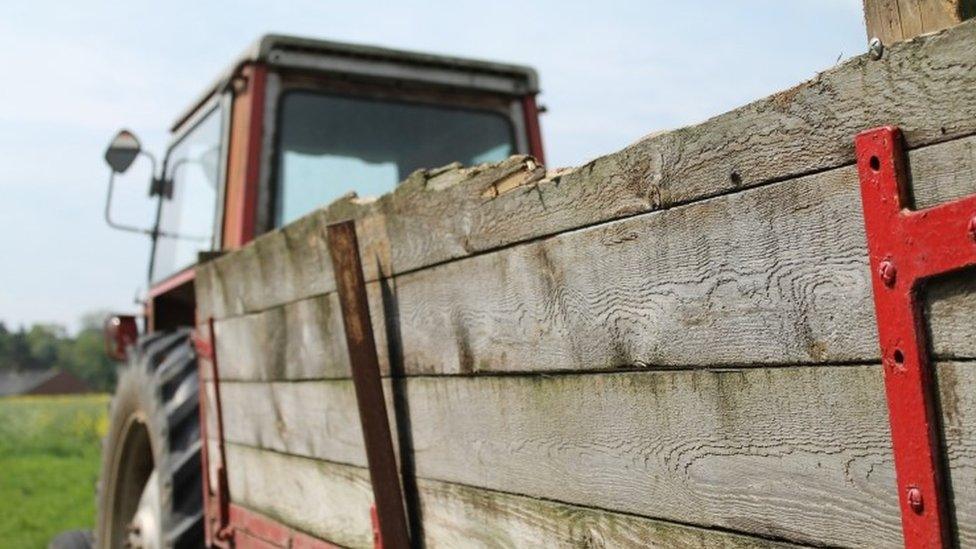Is the Welsh environment better off in or out of EU?
- Published
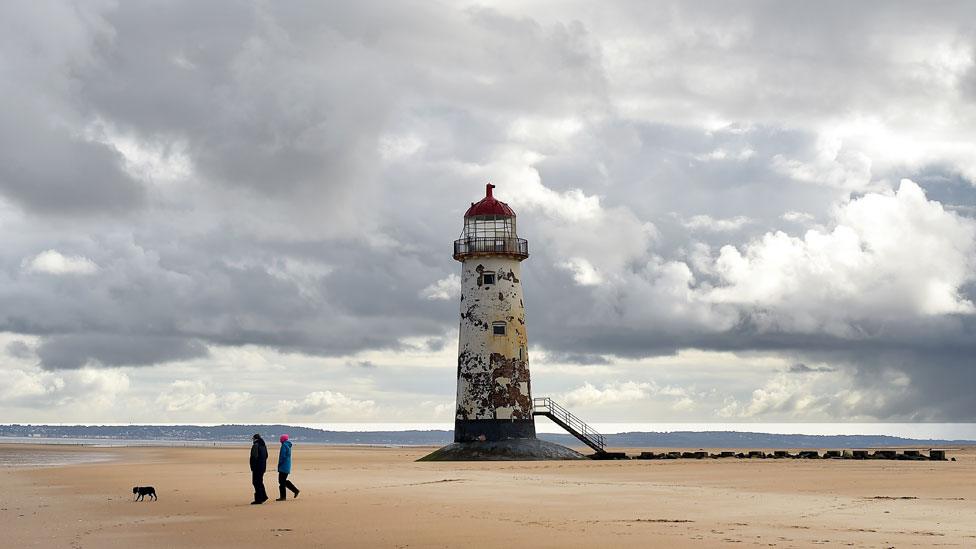
No Welsh beach failed EU water standards in 2015
What has the European Union done for the Welsh environment and would our countryside and seas be better off if we stay or go?
When it comes to environmental law, the EU has amassed more of it than anywhere else in the world.
Advocates say it has been a driving force for improving air and water quality, protecting endangered species and promoting renewable energy.
But Leave campaigners say Wales and the UK are "losing their voice" when it comes to making the rules.
Remain campaigners point to Wales' coastline as one obvious place where EU laws have had a tangible impact.
Wales has some of the cleanest bathing water in the UK, its beaches attracting hoards of tourists as a result.
'Dirty man of Europe'
Each of our 103 swimming spots have to be sampled under the EU's Bathing Water Directive and the latest results showed not a single one failed water quality standards in 2015 - 82 were rated "excellent".
But it has not always been that way, with the UK pumping untreated sewage into the sea until the late 1990s.
"Many of our rivers and seas were nothing short of open sewers," according to Plaid Cymru AM and Remain campaigner Llyr Gruffydd.
"The UK was considered the dirty man of Europe.
"Now that has all changed and largely because of our membership of the EU and the obligations that we have in terms of protecting the quality of drinking and bathing water and the air we breathe."
The idea that pollutants and greenhouse gas emissions do not recognise political boundaries is often used to justify EU-wide environmental laws.
The UK government is currently the subject of an EU infringement proceeding surrounding sulphur dioxide emissions from Wales' largest coal-fired plant at Aberthaw in the Vale of Glamorgan.
Coal-fired plants are being phased out here to meet clean air rules set by the EU - and to help hit the UK's own strict climate change targets.
Wales' endangered species are also protected by European laws such as the Habitats Directive and the Birds Directive.
Construction companies can face long delays and significant expense if great crested newts or dormice, for example, are found on land intended for development.
Andy Davies, technical director at Anwyl Construction, describes the new habitat for great crested newts
At a building site in Northop Hall, Flintshire, Andy Davies of Anwyl Construction showed me around the six acres (2.5 hectares) of mitigation land the company had provided to house badgers and newts.
"We've created ponds and a badger set - the whole process took around three months and cost in the region of £150,000," he said.
Wildlife campaigners said the rules offered a lifeline for our rarest plants, animals and birds.
But Leave campaigners are heavily critical of the bureaucracy involved in EU legislation, claiming environmental law would be better handled directly by the Welsh and UK governments.
Nathan Gill, UKIP's leader in Wales, said that after a Brexit vote "all the legislation would be looked at, the things that work for us we'll keep but the things that are expensive and don't work we'll get rid of."
He also argued the UK would have a stronger voice on the international stage.
"Countries like Japan, Fiji and Iceland - tiny nations - who aren't part of any customs union or any trading block like the EU still participate on the international scene when it comes to environmental protection," he said.
The economy and immigration may have been the main talking points of the referendum campaign so far.
But the EU's impact on our environment is also huge - and worth considering - according to both sides in this debate.
- Published31 May 2016
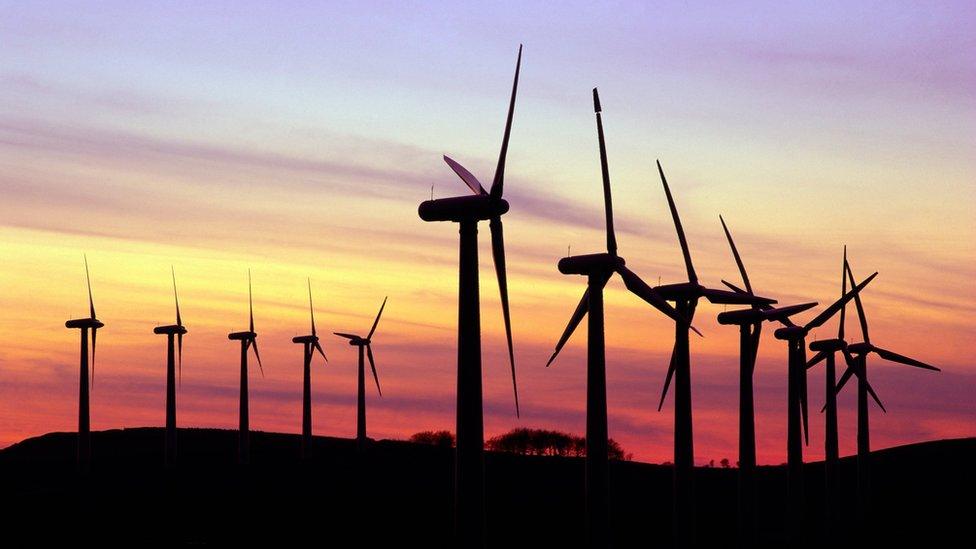
- Published19 April 2016
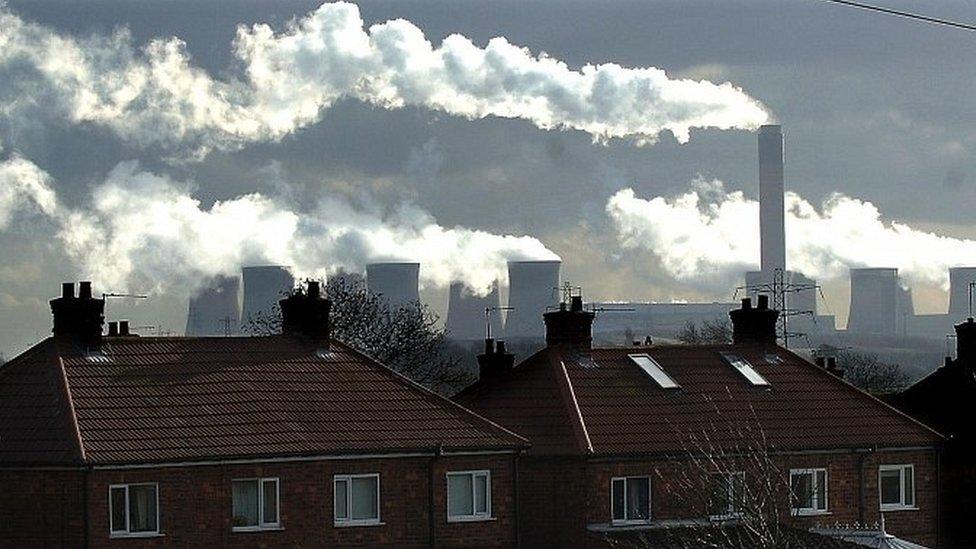
- Published11 March 2016
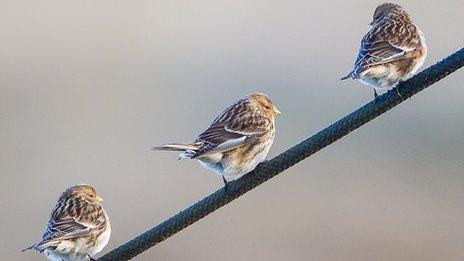
- Published7 January 2016
